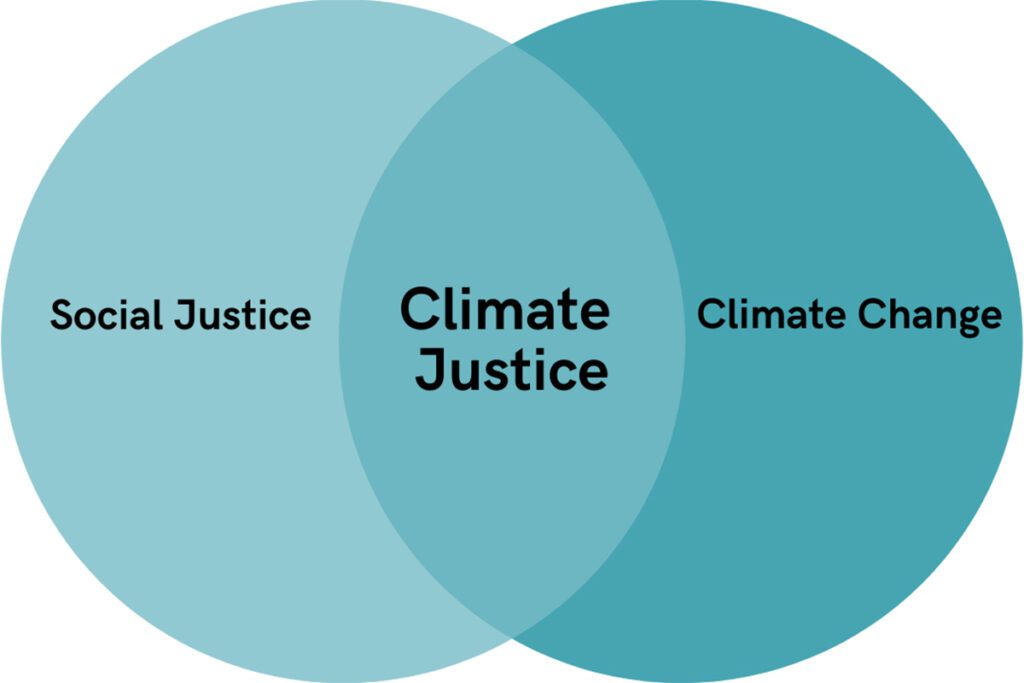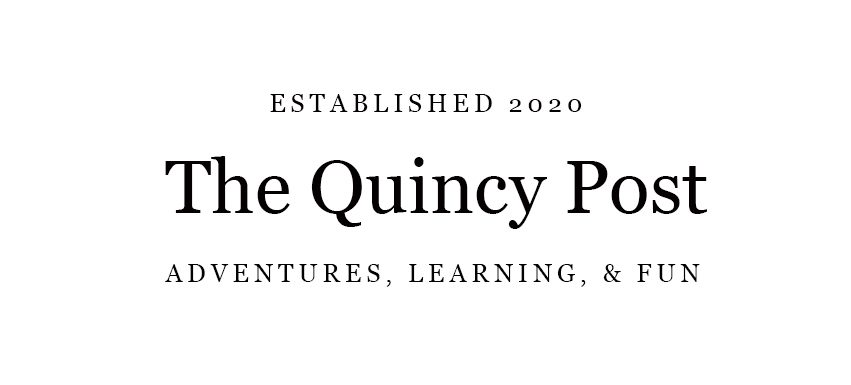Sustainability centers around leaving the world a better place for the next generation. This implicitly covers all people with no qualifiers. Sustainability efforts too often exclude the vulnerable communities by lack of engagement and practice. We must be careful that Sustainability efforts are focused with racial equity as top importance.
Racial equity and sustainability issues are deeply interconnected. In the United States, communities of color are disproportionately affected by polluting industries and climate change. Unfortunatly, there is a long history of racist housing policy, land use decisions, decades of underinvestment, and weak environmental protections that contribute to disproportionate exposure and risk.
A 2017 study by the NAACP and the Clean Air Task Force showed that African-American citizens are 75 percent more likely to live in a “fence-line” community that borders a toxic industrial facility. Our policy makers, corporations, and businesses nned to consider these impacts and minimize harm to BIPOC communities. In fashion and many other industries there has bee criticism of horrible working conditions for decades. We need to support brands that offer sustainably sourced apparel (from recycled material to fair labor) and also sell it at an affordable price.
Adopting plant-rich diets is not only a great idea for our planet – but it’s a top strategy to work towards a racially-just food system. Slaughterhouses and CAFOs are disproportionately sited in BIPOC and low-income communities. Slaughterhouse and meat packing plants are also COVID19 hotspots (Washington Post, 2020). Additionally, employees are often undocumented immigrants who are harrassed, exposed to chemicals without protective equipment, and work long hours with no overtime pay. Slaughterhoues and meat packing facilities are frequently the target of ICE raids that intimidate workers out of speaking up against work and human rights violations. We can make changes to this system by making changes on individual and systemic levels. In small ways, we can use our buying power to ask for change. In groups like MN 350 we can do more, of course. It all starts with education and awareness so the more we can open up conversations and share knowledge, the better prepared we are to make a difference.
All aspects of sustainability including community development, engineering, design, food and nutrition – require user input. Urban planners should definetly include affected communities to the table when making plans for space in the world and also make it a priority to advocate for their needs. Manufacturers of green products should be focused on BIPOC communities and pay attention to how they can be better partners. Sustainability leaders need to act on advice from BIPOC communities and make efforts to serve and support racial equity. This will work well on both sides because it will most likely translate into better design, services and products.
Equity should be the cornerstone of this vision for a greener, livable future because it is all interwoven together to make the planet better for all people. In our efforts to impact climate change and save the planet, we need to focus on healthy, equitable communities.
What Can You Do?
- Educate yourself
Before you get involved in any movement, make sure you understand what the cause is and what it is trying to achieve. After getting the basic information online, read books with more in-depth analysis of the movement and the issues
- Listen
Always be courteous and open to hearing what others think and feel. You may not always agree on everything, but focus on debating issues in a calm and non-aggressive way. This can be a learning opportunity for all.
- Work On Yourself
Before engaging others to change their words or actions, make sure you are not contributing to the problem. Lead by example.
- Spread the Word
Become active in spreading empowering and factual information – through word of mouth, social media, class disscusssions, or conversations. Vote for candidates that support the causes that you support and encourage others the make their voices heard.
- Volunteer
Volunteering helps organizations that are in need and also gives you an appreciation for all that you have and empowers you to do more.

This graphic used with permission by the Univeristy of Nebraska Omaha

